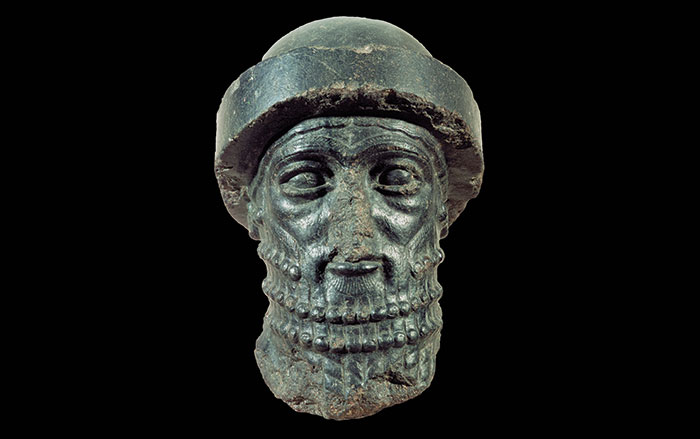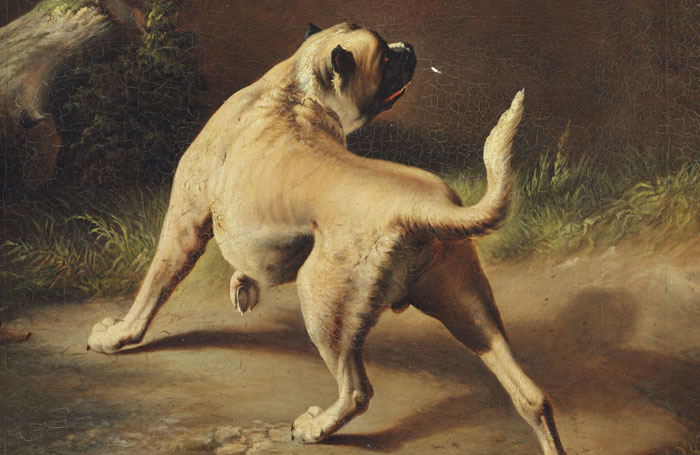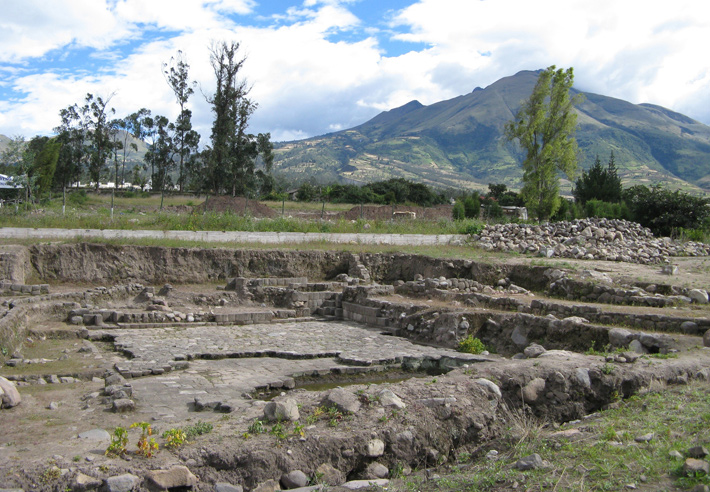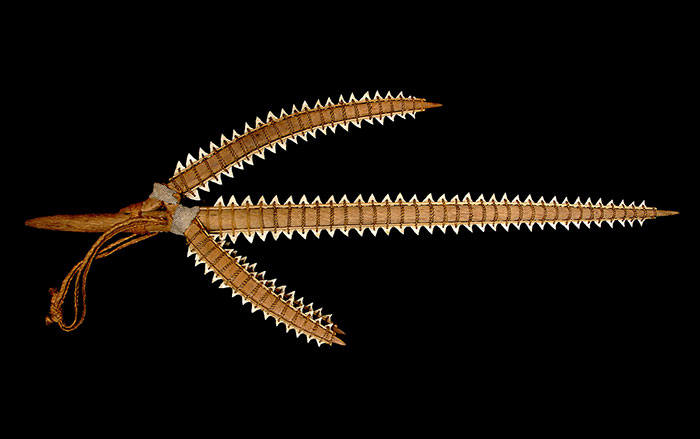TUCSON, ARIZONA—Geneticists from the University of Arizona have identified an extremely rare Y chromosome that they say is the oldest-known branch of the human Y chromosome lineage tree. The discovery pushes back the most recent common ancestor for the lineage tree to 338,000 years ago, before the appearance of modern humans in the fossil record. This particular Y chromosome came from an African-American man living in South Carolina who had sent a DNA sample to a consumer genetic testing company. His Y chromosome was eventually matched with 11 men from western Cameroon. “And the sequences of those individuals are variable, so it’s not like they all descended from the same grandfather,” said Michael Hammer of the University of Arizona. “It is likely that other divergent lineages will be found, whether in Africa or among African-Americans in the U.S. and that some of these may further increase the age of the Y chromosome tree,” he added.
Rare Human Y Chromosome Is More than 300,000 Years Old
News March 8, 2013
Recommended Articles
Off the Grid January/February 2025
Tzintzuntzan, Mexico

Digs & Discoveries January/February 2025
Bad Moon Rising

Digs & Discoveries January/February 2025
100-Foot Enigma

Digs & Discoveries January/February 2025
Colonial Companions

-
Features January/February 2013
Neolithic Europe's Remote Heart
One thousand years of spirituality, innovation, and social development emerge from a ceremonial center on the Scottish archipelago of Orkney
 Adam Stanford/Aerial Cam
Adam Stanford/Aerial Cam -
Features January/February 2013
The Water Temple of Inca-Caranqui
Hydraulic engineering was the key to winning the hearts and minds of a conquered people
 (Courtesy Tamara L. Bray)
(Courtesy Tamara L. Bray) -
Letter from France January/February 2013
Structural Integrity
Nearly 20 years of investigation at two rock shelters in southwestern France reveal the well-organized domestic spaces of Europe's earliest modern humans

-
Artifacts January/February 2013
Pacific Islands Trident
A mid-nineteenth-century trident illustrates a changing marine ecosystem in the South Pacific
 (Catalog Number 99071 © The Field Museum, [CL000_99071_Overall], Photographer Christopher J. Philipp)
(Catalog Number 99071 © The Field Museum, [CL000_99071_Overall], Photographer Christopher J. Philipp)

